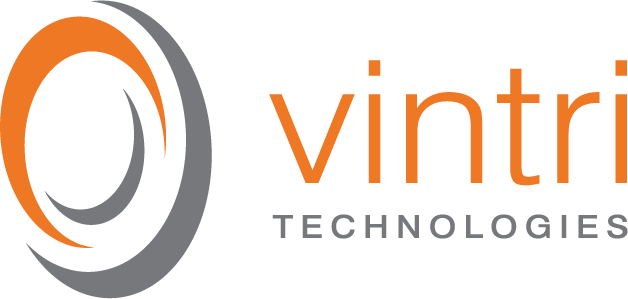The Value of Industry-Specific Solutions
There are several distinct advantages for firms to select a software provider with experience and focus specific to their industry.
While boxed software is a perfectly viable solution for some business settings, companies often find themselves wishing for more power and flexibility from their technology. Tailor-made vertical market software (VMS) solves a number of problems by allowing users to have a closer relationship with developers and support staff.
The fact is that most software providers of general solutions may have a small sales team dedicated to your industry, but the development team isn’t likely to be focused on the intricacies associated with it.
Growing with Industry-Specific Software is Cost-Effective
As your operations grow, you’ll need to add users, functionality, and improved reporting. With an expandable, industry-specific software, this will mean flipping the on switch to added features or putting in a request to the provider’s development staff. However, with generic systems, this may mean a costly upgrade or, worse yet, changing systems entirely.
Often users of generic software find themselves buying additional software products to add functionality where gaps exist. On the other hand, solutions that cater to a specific industry will often respond quickly to developing and delivering frequently requested functionality as this type of improvement will benefit most of their client base.
In addition, development teams of specific industry solutions can also glean significant benefits due to the closer relationship they maintain with their user base. This closeness creates a community environment, which helps users and developers alike reap the benefits of groupthink.
An Intentional Workflow Increases Productivity
By using software designed to meet the needs of your specific industry and the needs of your business, the process of logging information in that system can make a lot more sense. Much in the same way that there is always a right tool for the job, there is often a software solution that serves any given situation specifically. When your software developer is familiar with your industry on an intimate level, they can provide a workflow process that makes sense within the bounds of your industry.
When your software solution represents your workflow, the system starts to work for you rather than your team having to adapt its processes to meet the limitations of a general solution. When this comfort level is achieved, your team will be more confident and perform tasks faster and more efficiently.
Relevant Integrations
Many pre-packaged software products are built to communicate well with “outside” software to fill the gaps in their own functionality. Quite often, however, they’re built specifically to communicate with sister products in an attempt to get customers to buy other products made by the same company. Providers put a thin veil over this practice by calling each component the “best in class,” while ignoring the underlying problem that these are still disconnected software products.
While generic solutions may integrate with very recognizable partners, these connections may not have all that much to do with the day-to-day functions of your organization.
Conversely, industry-specific solutions often include comprehensive relevant functionality within their respective applications to negate the need for numerous integrations. In addition, with a system that’s built with your industry in mind, integrations to common industry applications are already built in. Companies focused on achieving needs specific to their operations can easily and confidently use these connections, without the need for external intervention.
Generic providers will likely focus on integrating to partners with the biggest names or recognition, rather than those that are most common to a niche user base. Industry-specific integrations allow industry-specific solution providers to give users a superior experience for their day-to-day functions.
Industry-Specific Modules
Similar to the selection process for integrations, most general software solutions are created to appease a large population of users. Major providers are unlikely to allocate the development resources needed to create industry-specific versions of their software; rather, their solutions usually provide the most general functionality that will appeal to a very wide customer base without adding needed industry-specific utilities.
When your organization partners with an industry-specific software solution, you’re presented with a set of tools that is specific to the functions of your business. When there is a clear workflow and a relevant set of utilities designed to perform the nature of your work, your operation can take advantage of that system much more effectively.
Support
With a focused software system comes a focused support staff. Support personnel who are trained and operate in the same industry as you and your team are much more apt to provide competent help and advice. When a service staff member works exclusively in one industry, they solve problems pertaining to that industry, possess intricate knowledge relating to industry-specific such as regulations, and can build a valuable knowledge base much more quickly.
Reps of an industry-specific solution will have a great understanding of the day-to-day functions of your business and know firsthand what specific features will best benefit your business.
The Vintri Difference
Vintri Technologies provides an energy industry-specific, nimble solution that meets the requirements of clients and partners alike and is configurable to avoid custom development costs. We recognize the pains of our clients and continually attend and participate in industry workshops and conferences to learn how to further increase the value that our solution brings to the many diverse stakeholders associated with an Energy Operator. Importantly, we don’t chase the newest buzzword that promises to solve every problem; instead, we consistently test new technologies to determine how they may improve our solution to best serve the market.




